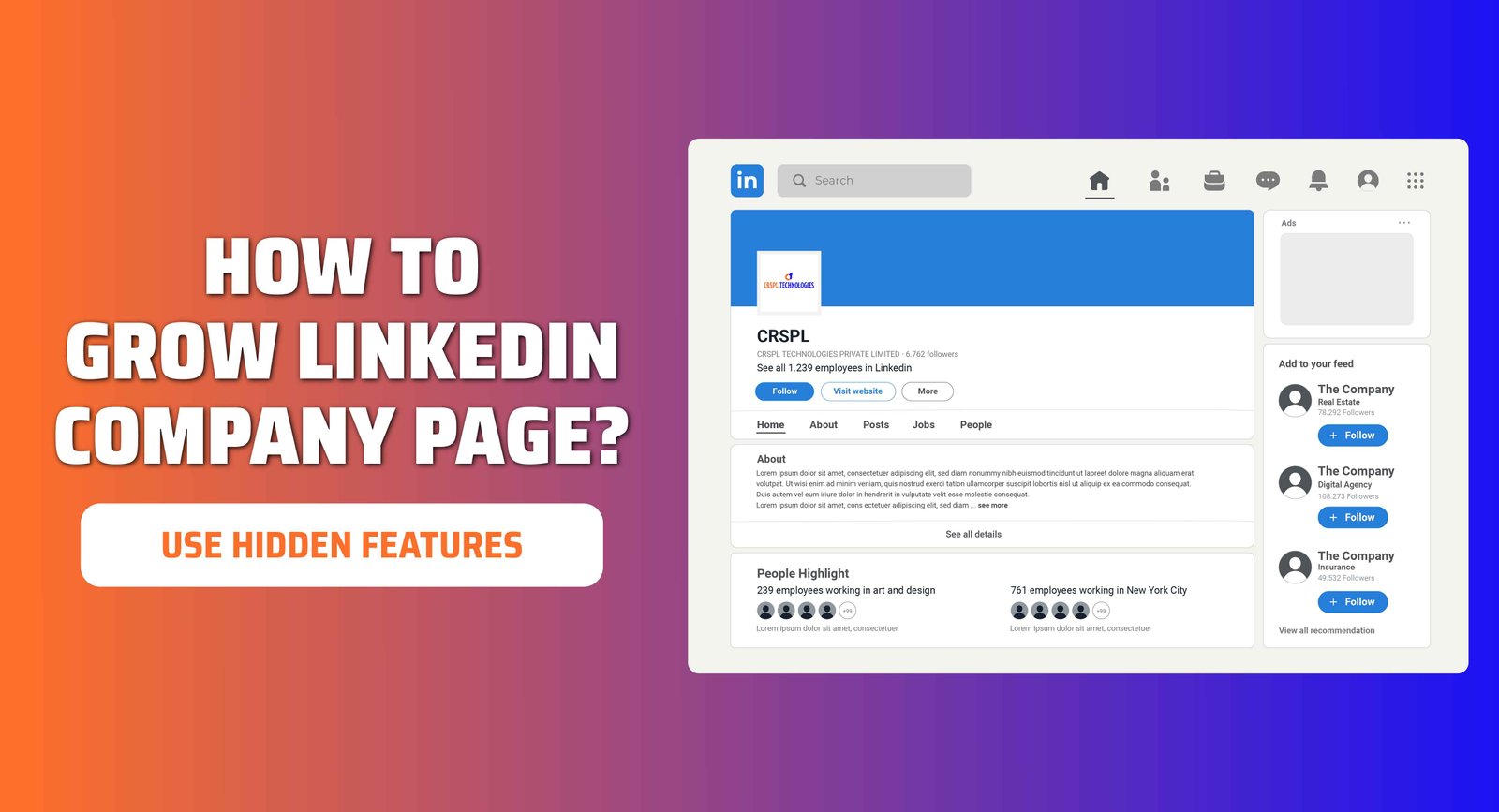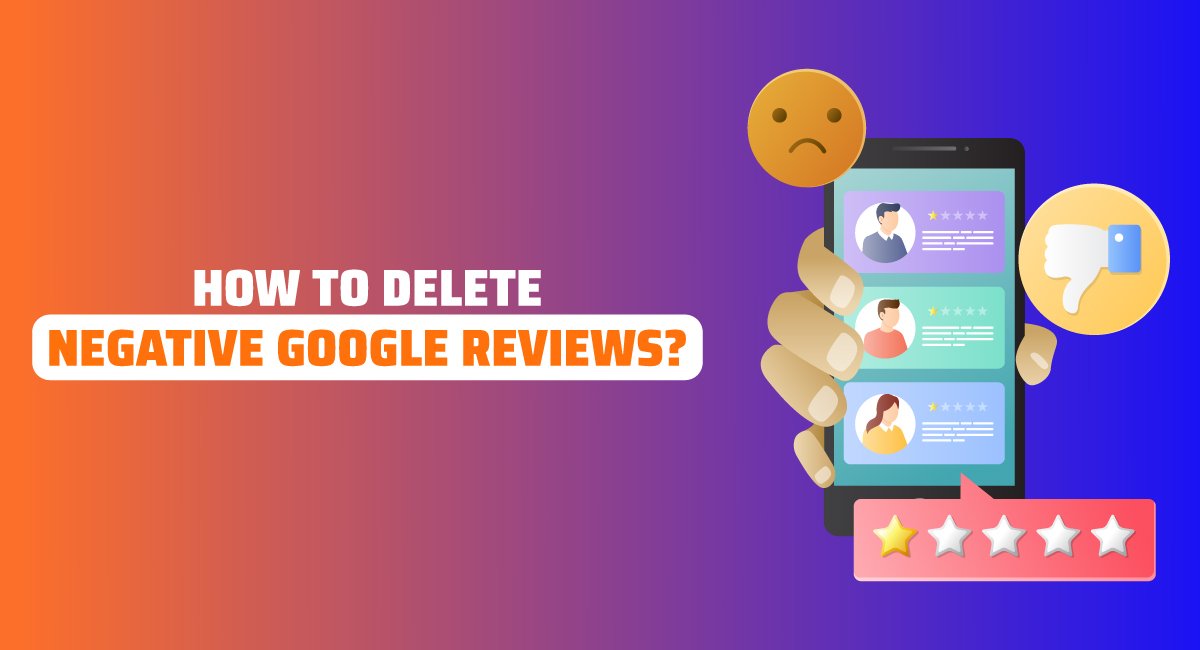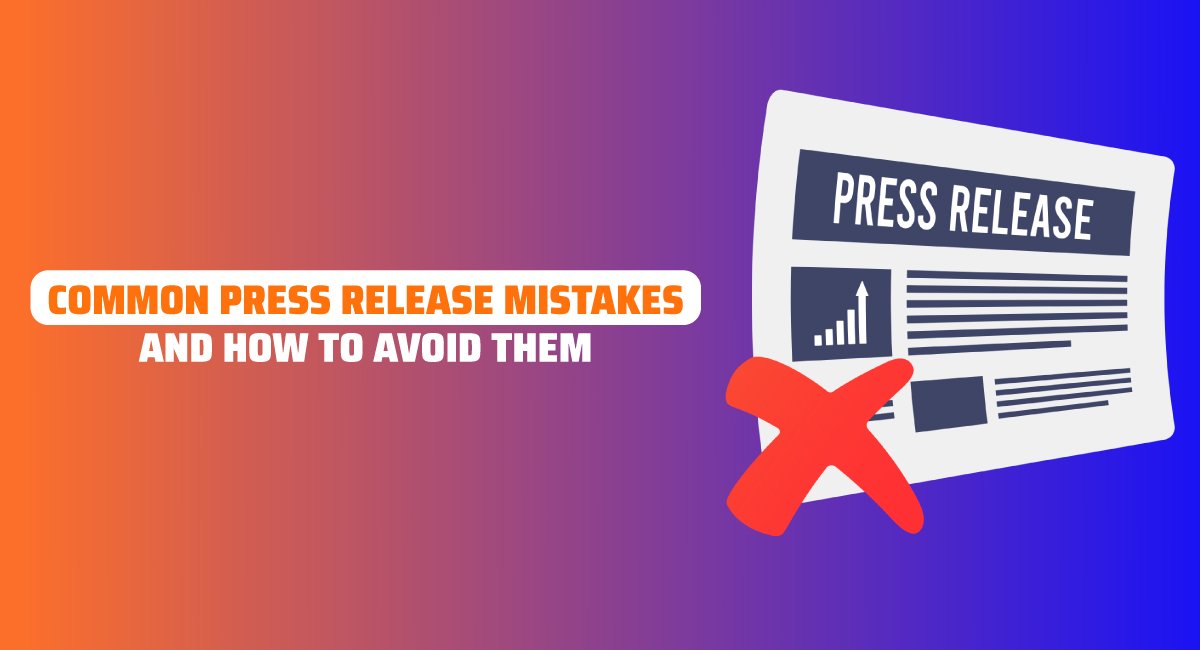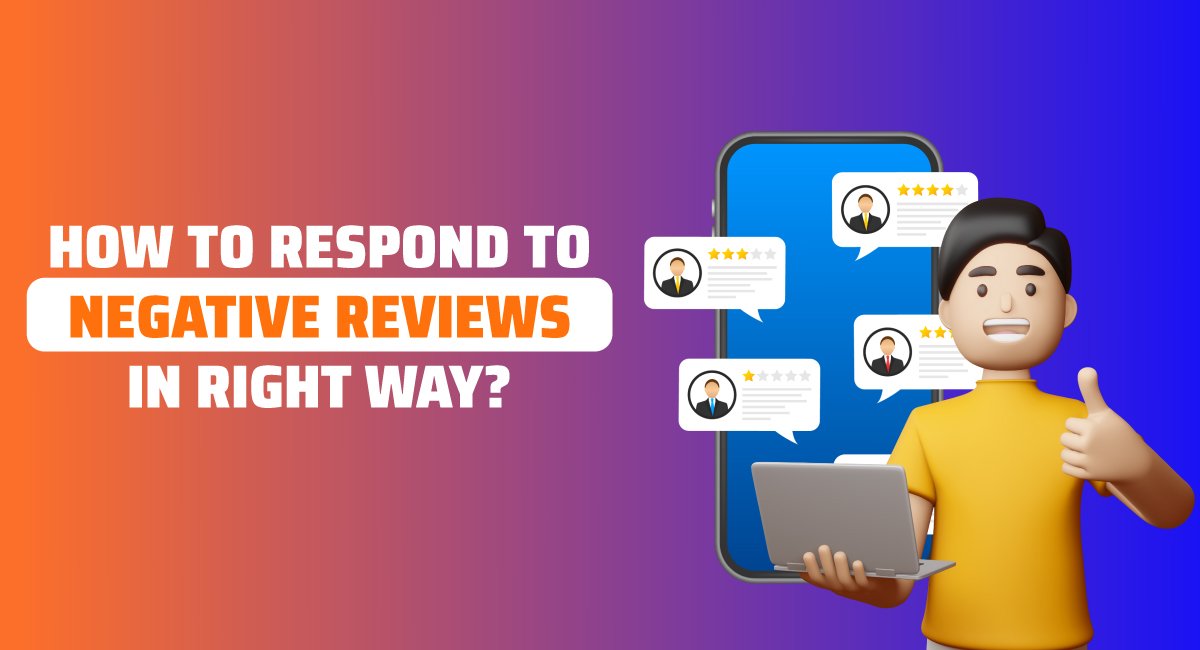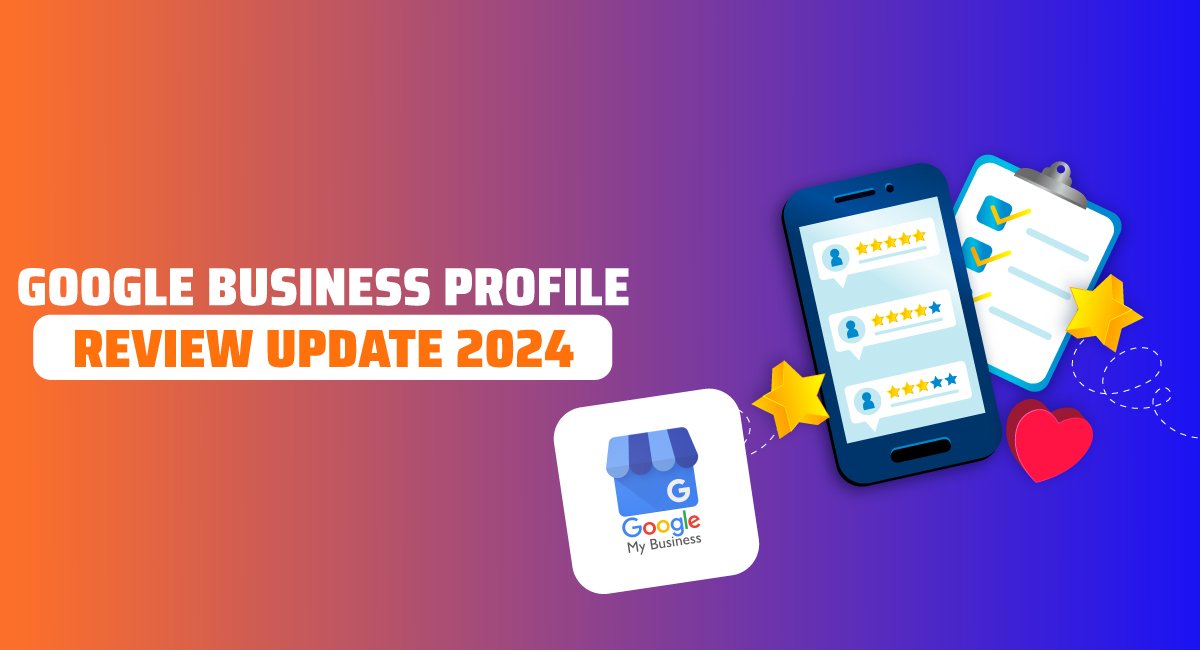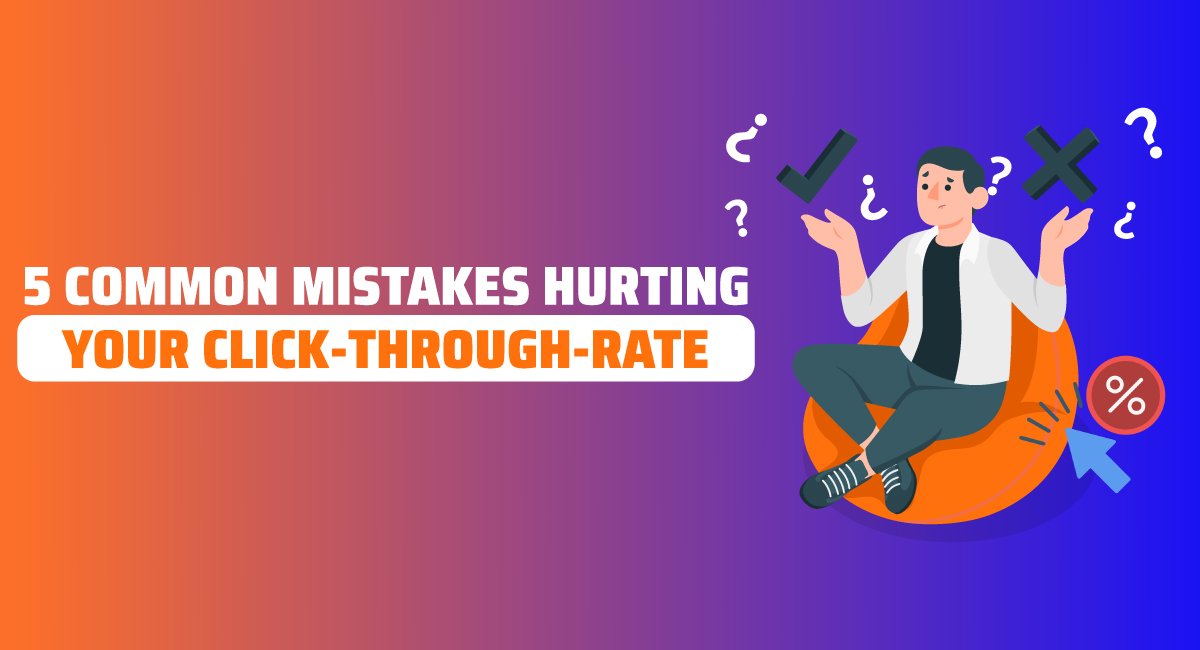
7 Tools to Enhance Your Keyword Strategy
A good keyword strategy stands at the heart of any successful SEO campaign. Keywords are the bridge linking what a user will need to find and what you provide. On the basis of the right keywords, you can optimize your website, maximize its visibility, and attract relevant traffic. However, managing a keyword strategy takes something beyond knowing which to target. Fortunately, several powerful tools can help you refine and enhance your approach. Here are seven tools that can elevate your keyword strategy.
1. Google Keyword Planner
One of the most trusted tools for keyword research is Google Keyword Planner. It's free to use and gives you insights directly from the source. You can discover new keywords related to your business and see how a keyword might perform in terms of search volume and competition.
Key Features:
• Discover keyword ideas based on the products or services.
• Get the search volume data for various keywords.
• Filter by location, language, and device.
• Set up bid estimates for paid campaigns.
Why to choose?
Google Keyword Planner is a must-have for any strategy that needs data directly out of the search engine. In other words, this tool is a great foundation for any keyword strategy, also working well as the foundation for paid advertising campaigns.
2. Ahrefs Keywords Explorer
Ahrefs, primarily a backlink analysis tool, also has a wonderful feature called Keywords Explorer, but more so is a synonym as a keyword research tool. Data is pulled from a number of search engines through Ahrefs, enabling the discovery of keyword opportunities for SEO and PPC campaigns.
Key Features:
• Access to keyword difficulty, or KD scores which indicate how hard it will be to rank in a keyword.
• Keyword ideas driven by seed keywords, URL, or competitor analysis.
• Historical search volume data and traffic estimation.
• SERP analysis for an idea of top-ranking pages for each keyword.
Why to choose?
With Ahrefs, you can have comprehensive data, mostly on the backlink profile, to help you find keyword opportunities that relate to your content and SEO strategy. The keyword difficulty metric is useful in making a judgment about whether a keyword is realistically achievable or not.
3. SEMrush Keyword Magic Tool
SEMrush is another monster to assist any digital marketer at hand by providing a collection of tools that are useful for SEO, PPC, content marketing, and competitive research. Keyword Magic Tool SEMrush gives access to a large database of keywords along with all the important metrics required to fine-tune your keyword strategy.
Key Features:
• Access over 20 billion keywords in multiple languages.
• Advanced filtering options for sorting keywords by competition, search volume, and CPC.
• Keyword ideas from related terms, questions, and phrases.
• SERP analysis that identifies top-ranking competitors, also including similar search queries.
Why to choose?
SEMrush stands out because it not only helps discover new keywords but also provides deep insights into what competitors rank for. This competitive intelligence allows you to spot gaps in your own strategy.
4. Ubersuggest
Ubersuggest is a free and easy tool that Neil Patel has developed to provide robust features for keyword research and SEO analysis. Of course, the free version has less comprehensive data, and unlocking it is offered with the premium version. Ubersuggest is very useful to beginners about understanding how to target keywords for organic search.
Key Features:
• Keyword suggestions based on search intent and related terms.
• SEO difficulty and CPC (cost per click) data for each keyword.
• On-page SEO optimization features via site audit.
• Backlink information and competitor analysis.
Why to choose?
Ubersuggest is highly recommended for marketers who require a straightforward yet effective way of researching keywords, tracking performance, and so on to improve SEO. It is one of the best options for beginners that do not want to get perplexed by complex tools.
5. Moz Keyword Explorer
Moz is a long-established name in the SEO world, and its Keyword Explorer tool is an excellent resource for discovering new keywords and analyzing keyword difficulty. Moz focuses on providing high-quality, actionable data for your keyword strategy.
Key Features:
• Keyword suggestions with monthly search volume and difficulty scores.
• SERP analysis to assess the competitiveness of the keyword.
• Opportunity scores that help identify keywords with the most potential.
• Saved lists and custom reports for better keyword management.
Why to choose?
Moz Keyword Explorer offers a user-friendly interface and in-depth analysis, making it ideal for both beginners and experienced marketers. Its Opportunity Score is particularly useful for identifying low-competition, high-volume keywords that can drive traffic to your site.
6. AnswerThePublic
AnswerThePublic is a tool where you can discover the questions people are asking around your target keywords. It works based on user search behavior and helps visualize the data so it is easy to understand.
Key Features:
• Keyword suggestions based on questions, prepositions, comparisons
• Visualization of search intent in a variety of formats, such as questions and comparisons
• Location and language filtering.
• Fresh keyword ideas updated regularly.
Why to choose?
AnswerThePublic is ideal for finding the long-tail keywords and question-based search queries, which are finding more importance in voice search and featured snippets. These will help develop the ability of your content to attract targeted traffic with intent.
7. Google Trends
Google Trends is a free resource that will enable you to pick out the trends of search behavior. It provides you the trend of how search interest in specific keywords has changed over time and gives you the ability to compare rankings of multiple keywords.
Key Features:
• The possible changes in keyword trends over time, regions, and demographics
• Compare multiple keywords to spot which has the highest potential for growth
• Discover related queries and trending topics.
• View data in real-time to capitalize on current search trends.
Why to choose?
It's essential to see emerging trends using Google Trends and adapt your keyword strategy according to it. If you are looking to tap into seasonal or trending topics, it provides real-time data that helps you stay ahead of the curve.
Conclusion
A strong keyword strategy needs to understand not only the technical but also the creative aspects of search engine optimization. The seven tools: from the Google Keyword Planner to Google Trends, all serve different purposes in discovering, analyzing, and optimising keywords for maximum impact. The combination of various tools can refine your keyword research, identify gaps in your strategy, and lead towards more organic traffic on your site.
Remember, keyword research isn’t a one-time task. It’s an ongoing process that requires regular updates and adjustments as search trends evolve. By leveraging these tools, you'll be better equipped to stay ahead of the curve and meet the needs of your target audience.

.png)


.png)






.png)
.png)


.png)
.png)
.png)
.png)
.png)
.png)
.png)

.png)
.png)
.png)
.png)
.png)
.png)
.png)
.png)
.png)
.png)









.jpg)






